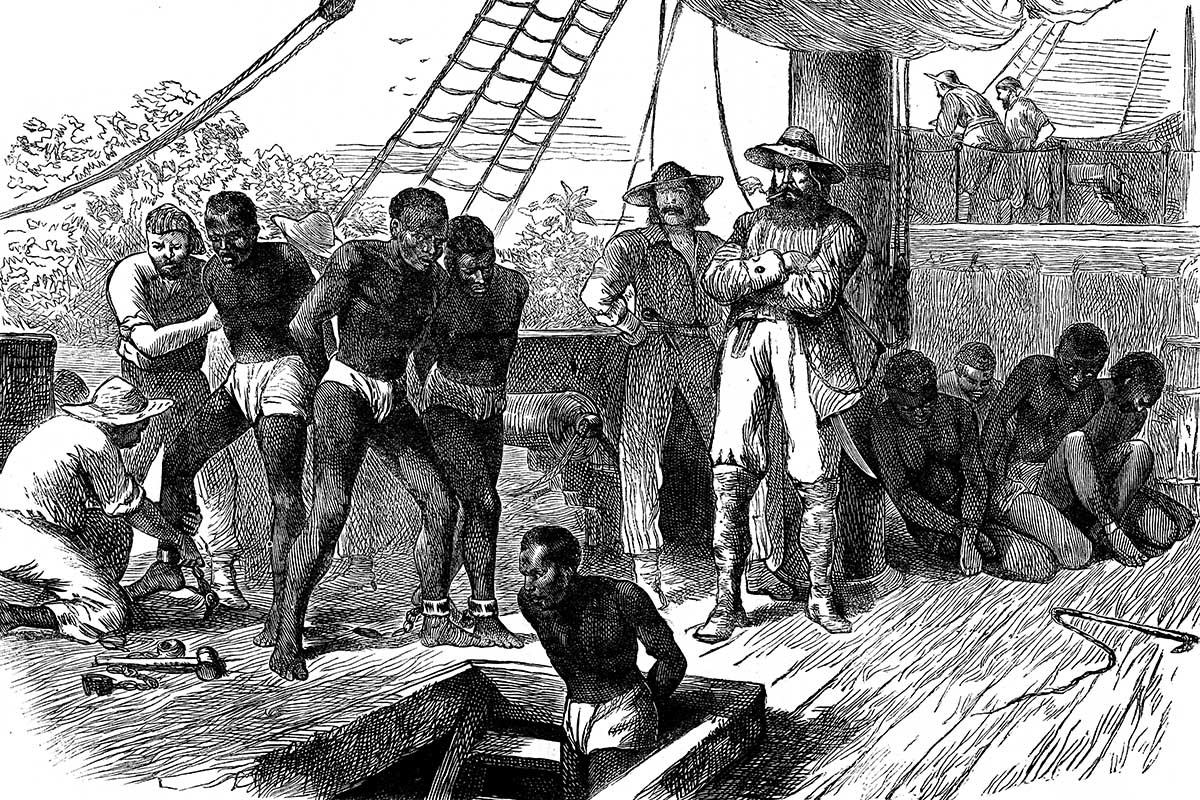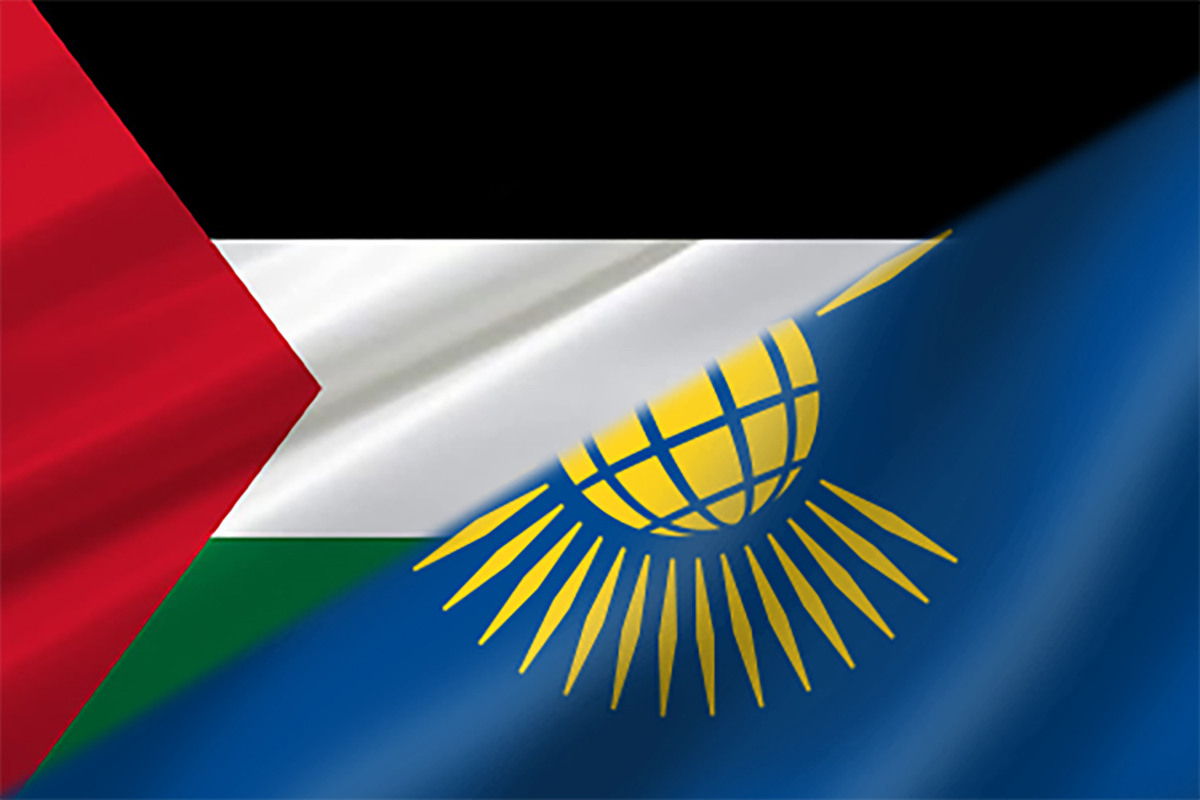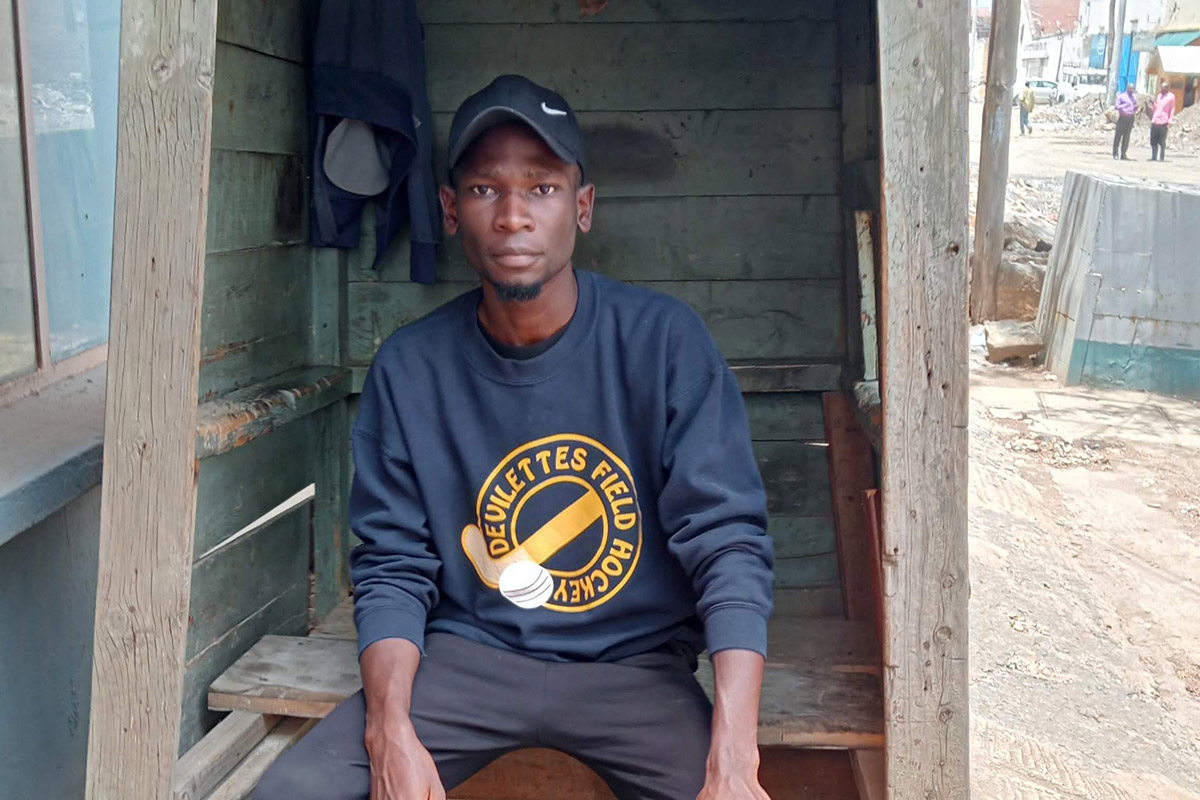To “Sixty Million and More”
March 24Written by Adedoyin Ajayi
In commemoration of the International Day for Remembrance of the Victims of the Transatlantic Slave Trade – March 25.
“Mr. Garner,” she said, “why you all call me Jenny?”
“Cause that’s what’s on your sales ticket, gal. Ain’t that your name? What you call yourself?”
“Nothing,” she said.
Beloved, Toni Morrison
With a few lines of dialogue, Toni Morrison’s Pulitzer prize-winning “Beloved” shows one of the brutal effects of slavery – the stripping away of individual identity and freedom, replaced by a tag, a number, a pitiful portrayal of human life.
Morrison’s “Beloved” is one of my favourite books. Though a work of fiction, Morrison described the horrors of slavery as seen in the lives of the characters, freed slaves. Drawing inspiration from the true story of Margaret Garner, a runaway slave from a Kentucky plantation, who killed her daughter to prevent her from being recaptured into a subsequent lifetime of slavery, Morrison weaves a story around this chilling narrative.
Even more striking, though the characters are loosed from the bonds of servitude, their lifetime of slavery leaves dark, haunting imprints on them, thereby affecting their lives, and their interactions with others. It leaves them searching, groping in their darkened, traumatized selves for the last shreds of their identities, grasping unto wisps of their dignity, and delicately holding onto any happy memories they can remember.
Morrison’s masterful use of literary expressions paints a horrid picture of slavery. Whippings with the cow skin whips were common among slave masters. Mutilation, shackling, beating, rape, and hanging are other terrible acts slaves suffered.
Morrison’s characters all suffer in diverse ways. Sethe, who was raped and severely whipped with the cow skin, describes the scars on her back as “a tree with branches and leaves” (due to the crisscrossing pattern of the lashes on her skin). Halle, her husband, loses his mental sanity after seeing his wife brutally violated. Another slave, Paul D, who was imprisoned for attempting an escape, suffered rapes in prison. His horrific experiences made him describe his heart as “a tobacco tin in his chest…its lid rusted shut…” Halle’s mother, Baby Suggs, the old woman freed from slavery, has no remembrance of her own name, her memories effectively wiped away.
The lives and broken personas of Morrison’s characters reflect the horrors of minds traumatized by slavery. Sethe, Paul D, and Baby Suggs all struggle to live freely without bonds of their past holding them back. They either love too hard to their own detriment (in the case of Sethe), question their self-worth and masculinity (as seen in the thoughts of Paul D), or just as sad, see servitude as the sole reason for their existence (displayed in Baby Suggs’ latter years).
The slave trade separated families, desecrated human dignity, trampled upon human rights, and deepened the racial divide. Morrison dedicated Beloved to “sixty million and more” – an estimation of the total number of Africans and their descendants killed and maimed by the slave trade. While the total number of Africans and their descendants who lost their lives on plantations and in slave ships bound for the Americas is disputed, their pain and sufferings remain indisputable.
The inhumane treatment and mass devastation wrought by slave trade should neither be swept under the carpet nor cast aside in the bowels of history. Rather, it should be told in a bid to remember and honour the victims: the dead, the scarred, the wounded, and to eradicate forms of racial subjugation, racial discrimination, and racial supremacy. Offshoots of the slave trade remain with us till this day. Racism and racial inequality create disparities among people by virtue of skin colour. This destroys the essence of diversity.
Just like the confining shackle and the painful cowhide of centuries ago, racism constricts, wrongly defines, and places unfair ceilings over people. On this day, it is worth holding onto the ideal that our value as humans stems not from our skin colour, but in our fairness, love, and compassion towards one another, and creation of a society with justice and equality.






